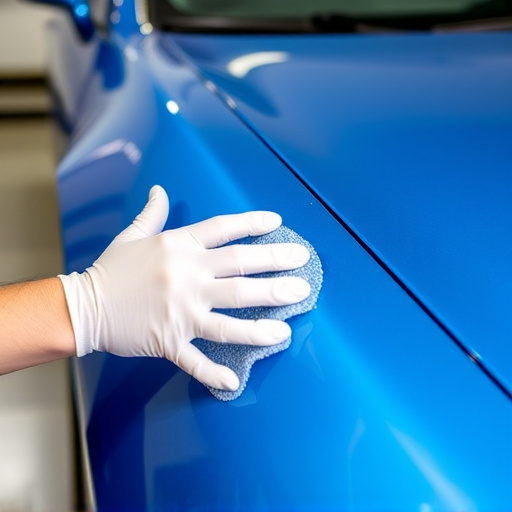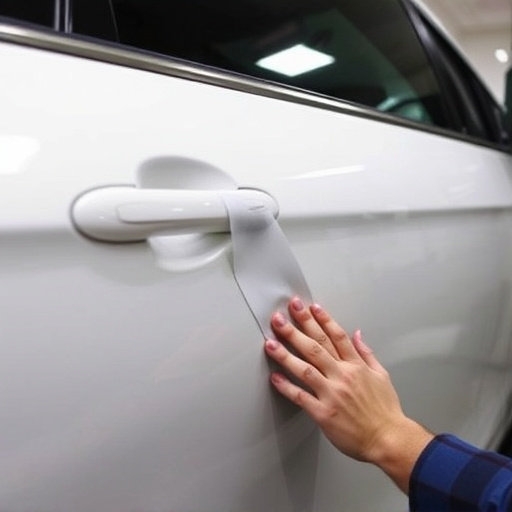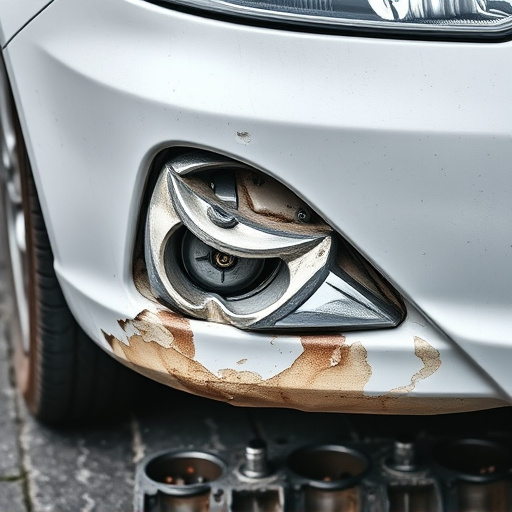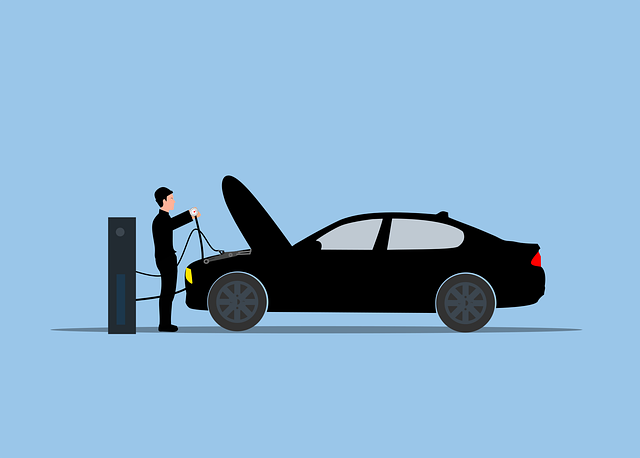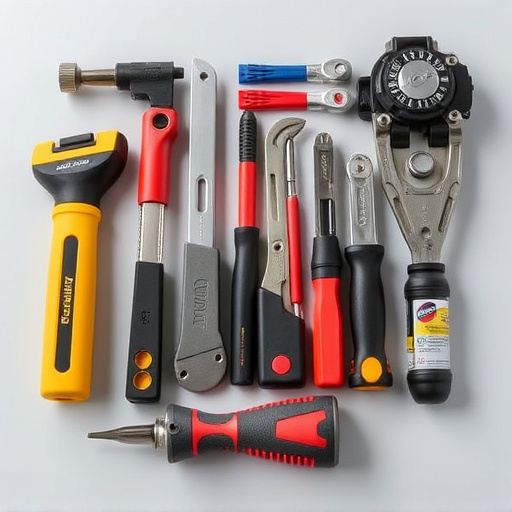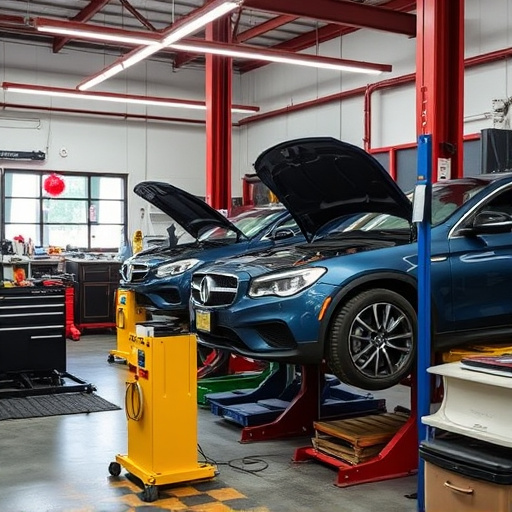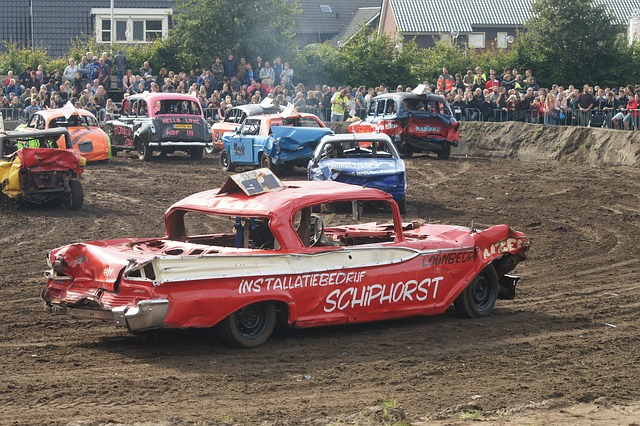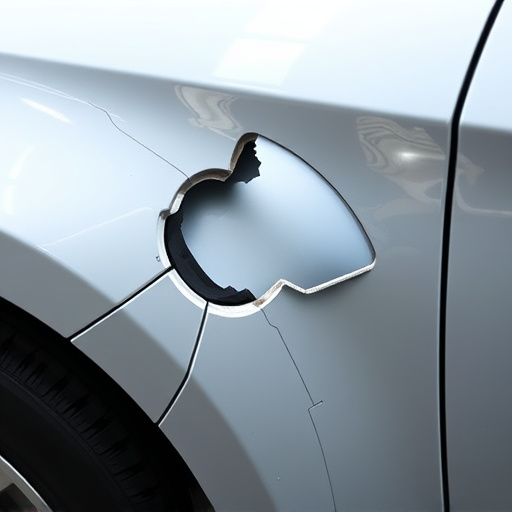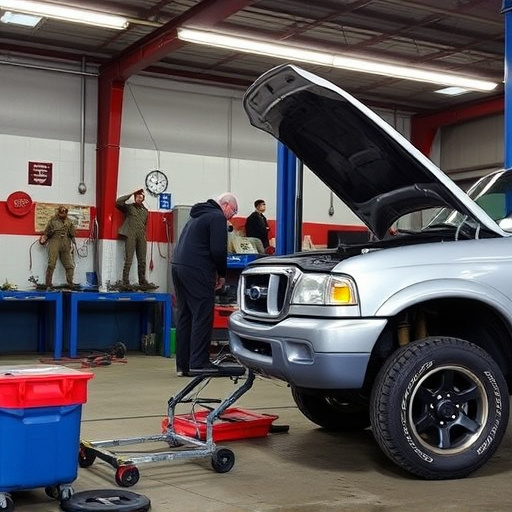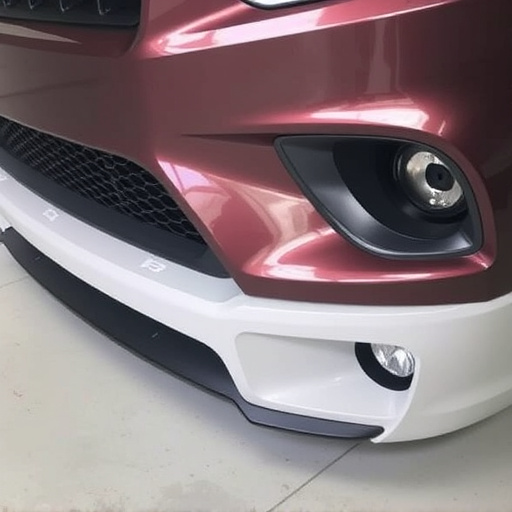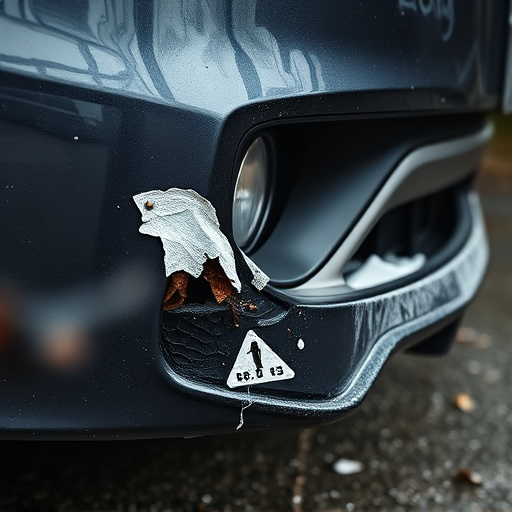Collision repair specialists face unique challenges with modern vehicles' advanced safety features, electric powertrains, and complex infotainment systems. They require specialized training in physical repairs and digital diagnostics using latest tools for precise restoration of structural integrity and advanced driver-assistance systems (ADAS). These professionals leverage state-of-the-art equipment like laser measurement devices, CAD software, and robotic welding machines to ensure post-collision quality assurance while adhering to stringent safety standards. They prioritize customer satisfaction through effective communication, transparent pricing, and commitment to excellence in both vehicle restoration and collision repair.
Collision repair specialists play a pivotal role in the automotive industry, especially with the advent of modern vehicle technologies. As cars become increasingly complex, these experts must stay abreast of advanced systems and materials. This article explores the unique challenges and requirements faced by collision repair specialists, focusing on specialized training, cutting-edge tools, and the critical aspects of quality assurance and customer satisfaction in today’s automotive landscape.
- Understanding Modern Vehicle Complexities: A Collision Repair Specialist's Perspective
- Specialized Training and Tools for Today's Car Care
- Navigating Post-Repair Quality Assurance and Customer Satisfaction
Understanding Modern Vehicle Complexities: A Collision Repair Specialist's Perspective
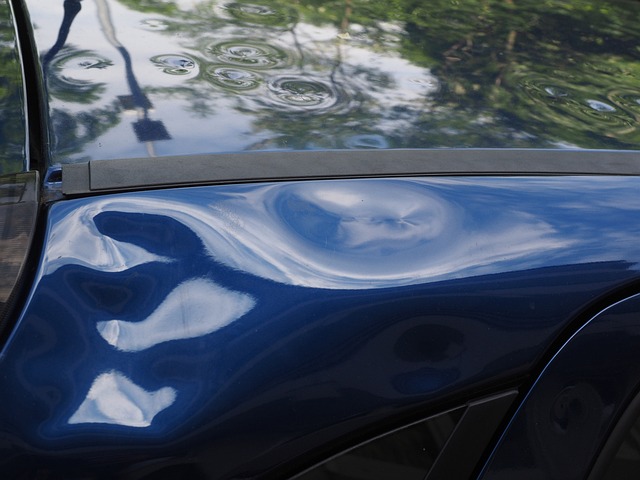
Modern vehicles are complex machines with intricate systems that didn’t exist a few decades ago. As technology advances, cars have become more interconnected, with advanced safety features, electric and hybrid powertrains, and sophisticated infotainment systems. For collision repair specialists, this means they need to stay up-to-date with these new technologies to effectively fix vehicles without causing further damage or compromising the original equipment.
A skilled collision repair specialist understands that a simple fender bender can now involve intricate sensor calibration, software updates, and precise alignment. They must be adept at handling both physical repairs and digital diagnostics. In a car body shop, they need to possess knowledge of the latest tools and techniques for vehicle collision repair, ensuring each component is restored to its optimal condition—from lightweight materials that affect structural integrity to advanced driver-assistance systems (ADAS) that require precise recalibration.
Specialized Training and Tools for Today's Car Care
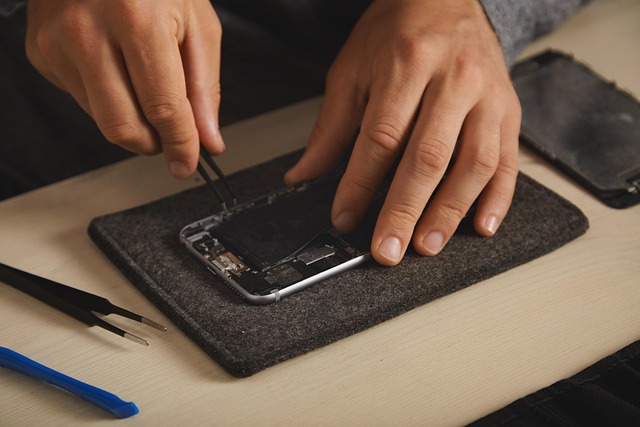
Collision repair specialists are equipped with specialized training and advanced tools to handle today’s complex vehicle technologies. With the rapid advancement in automotive engineering, modern cars come with intricate systems, lightweight materials, and sophisticated electronics, all of which require precise and skilled care during the collision repair process.
Specialized training ensures that these professionals can diagnose and address issues related to safety features like airbags, anti-lock braking systems (ABS), and electronic stability control (ESC). They also learn to use advanced tools such as laser measurement devices, computer-aided design (CAD) software, and robotic welding machines, which enable accurate car body restoration and precise alignment in a collision repair shop or center. These skills and tools are vital for restoring vehicles to their pre-collision condition while adhering to strict safety standards.
Navigating Post-Repair Quality Assurance and Customer Satisfaction

Post-repair quality assurance is a critical aspect for any reputable collision repair specialist. As modern vehicles incorporate increasingly complex technologies, ensuring that all systems function seamlessly after a collision requires specialized knowledge and equipment. Collision repair specialists must be adept at frame straightening and aligning components to factory specifications, as well as repairing or replacing advanced electronic systems and sensors.
Customer satisfaction is paramount in this process. Effective communication with clients throughout the repair journey, transparent pricing, and a commitment to excellence in both vehicle restoration and auto collision repair are key factors in building trust. By implementing rigorous quality control measures and leveraging advancements in automotive technology, collision repair specialists can deliver outstanding results that meet or exceed customer expectations.
In an era defined by advanced vehicle technologies, collision repair specialists play a pivotal role in ensuring safety and restoring functionality. By staying abreast of modern vehicle complexities, acquiring specialized training, and adopting innovative tools, these professionals navigate post-repair quality assurance seamlessly. This ensures not only customer satisfaction but also the preservation of today’s intricate automotive systems, cementing the vital role of collision repair specialists in our advanced transportation landscape.

